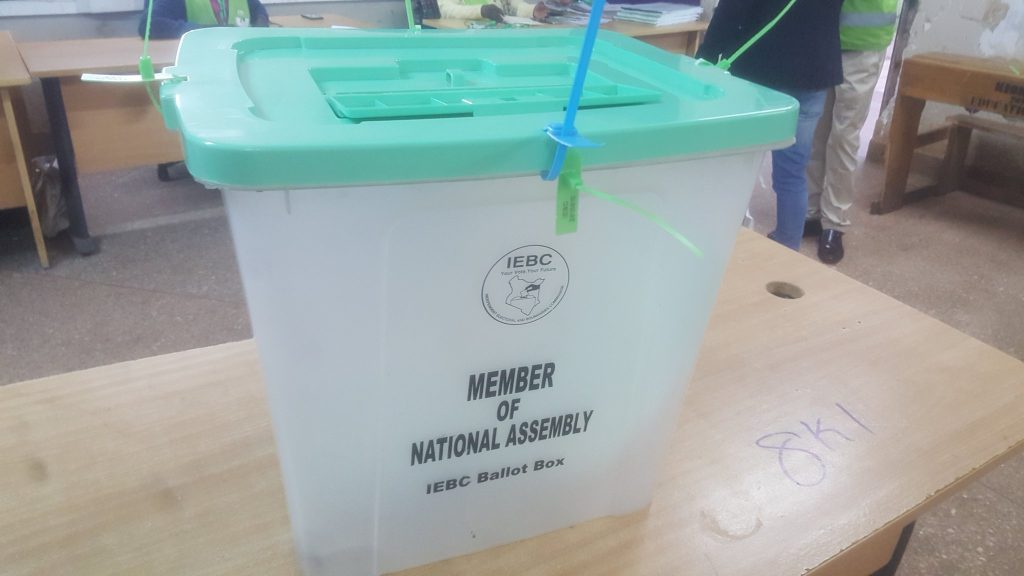In Kenya, Members of Parliament (MPs) hold significant power in representing the interests of their constituents.
However, there may be instances when the electorate feels that their MP is not performing up to expectations or has engaged in misconduct. The Kenyan Constitution provides a mechanism for voters to recall their MP.
Here’s a detailed guide on how this process works.
Legal Framework
The recall process for an MP in Kenya is governed by:
- The Constitution of Kenya (2010)
- The Elections Act (2011)
- The Elections (Parliamentary and County Elections) Petitions Rules (2013)
Grounds for Recall
Under Kenyan law, an MP can be recalled on the following grounds:
- Gross Violation of Chapter Six of the Constitution. This includes corruption, abuse of office, or other serious legal breaches.
- Mismanagement of Public Resources
- Conviction of an Offense under the Elections Act
The Process of Recalling an MP in Kenya
The process to recall an MP involves several steps:
Petition Filing
- A recall petition must be filed by a registered voter in the constituency of the MP.
- The petition must be signed by at least 30% of the registered voters in that constituency.
- The Elections Act requires that an MP can only be recalled at least two years after they are elected, and not less than 12 months before the next election. Also, the petition to recall an MP cannot be filed more than once during the term of the MP.
- When filing the petition, the petitioner is required to deposit some money as security to prevent abuse of the recall process. To recall an MP, the petitioner must pay Ksh.250,000, which is refundable at the end of the case. Additionally, there are non-refundable court filing fees which can go up to Ksh. 10,000.
Collection of Signatures
- The petitioner must collect signatures from the required number of voters.
- Signatures must be accompanied by copies of the national identity card or passport of each signatory to verify their identity.
- The petitioner seeking a recall of the MP must gather the support of at least 30% of registered voters, and at least 15% in each ward within the constituency which the MP represents. The law allows 30 days for the petitioner to collect the signatures.
Submission to the IEBC
- The petition, along with the collected signatures, is submitted to the IEBC.
- The IEBC verifies the signatures to ensure they meet the required threshold.
Verification and Approval
- Once the IEBC verifies the signatures, they will notify the MP of the petition. Once verified, the IEBC must issue a notice of recall to the Speaker within 15 days. The MP has a right to respond to the allegations within a specified period.
By-election
- If the petition is approved by the IEBC, a recall election, also known as a by-election, is scheduled. The IEBC is required to conduct the by-election within 90 days.
- At least 50% of the registered voters in the constituency must participate in the vote for the by-election to be considered valid.
- The recalled MP is allowed to participate in the by-election, and the winner is determined by a simple majority.
Challenges of Recalling an MP in Kenya
The Constitution of Kenya Review Commission draft of 2002 recommended that an MP could be recalled because of physical and mental incapacity to perform the role of an MP or serious misconduct.
However, this draft was reviewed, and the grounds for recalling an MP have since been watered down. The enacted law gave more powers to Parliament, making it challenging for the electorate to successfully recall an MP.
The law provides that a petition to recall an MP can only be brought if the High Court finds the targeted MP to have violated provisions of Chapter Six of the Constitution, mismanaged public resources, or committed a crime under the Elections Act.
Tracking Past Recall Attempts of MPs
While the recall process is outlined in the law, it is relatively rare and often faces practical difficulties. Understanding past attempts can provide insight into the complexities involved:
Gatundu South Constituency Case
In 2017, a group of voters attempted to recall Gatundu South MP Moses Kuria, alleging misconduct. However, the attempt faced numerous legal challenges and did not succeed in reaching the referendum stage.
Budalang’i Constituency Case
Another notable attempt was in Budalang’i constituency, where voters sought to recall their MP due to perceived non-performance. This also faced significant legal and procedural hurdles.
Conclusion
Recalling an MP in Kenya is a constitutionally provided right but involves a complex and rigorous process. It requires significant mobilization and effort from the electorate to ensure their representatives are held accountable.
While challenging, the recall mechanism serves as a crucial tool for maintaining democratic accountability and integrity within Kenya’s parliamentary system. By understanding the recall process, Kenyan voters can exercise their constitutional rights to ensure that their elected officials genuinely represent their interests and uphold the standards expected of public office.


